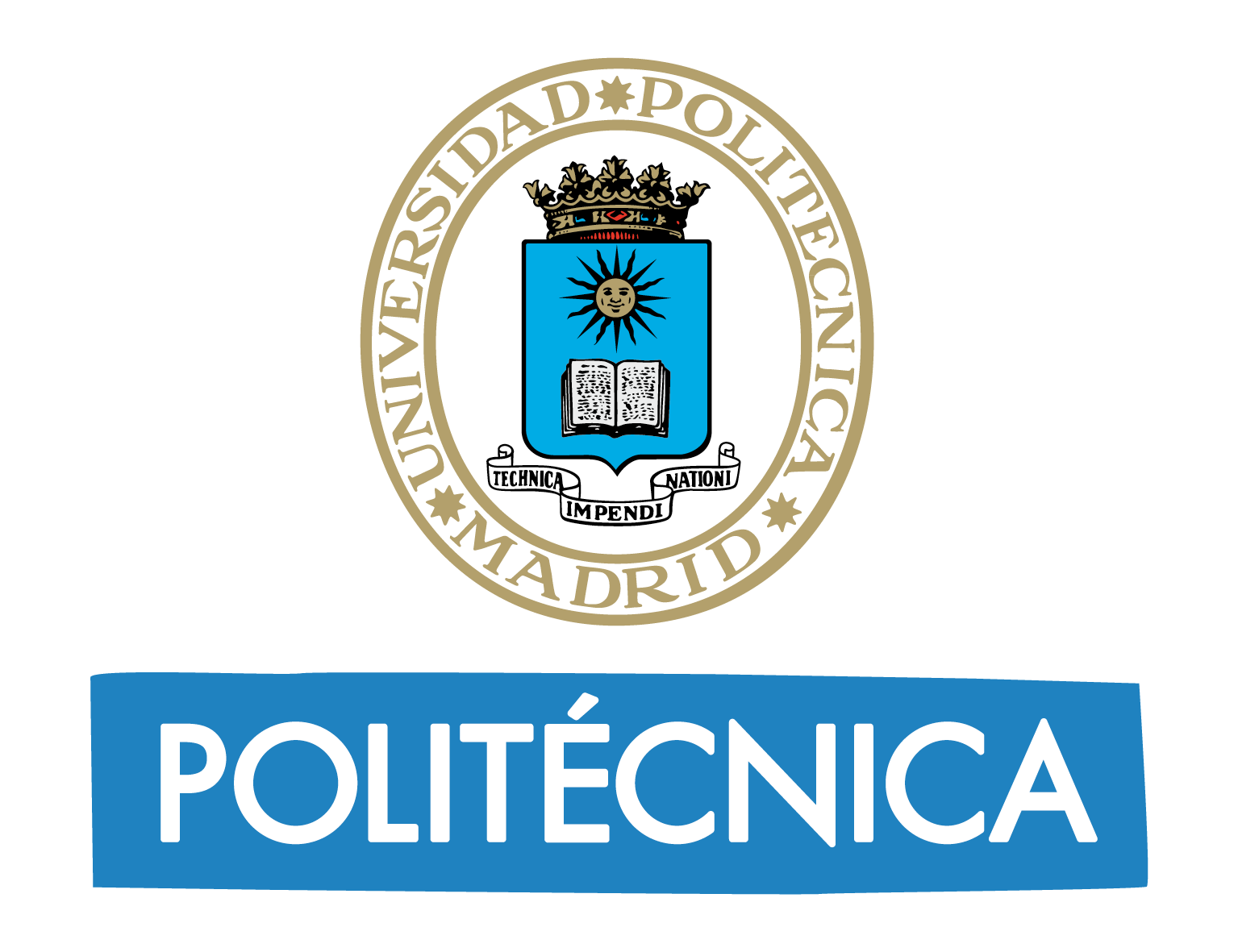The authentication process for academic documents issued abroad
In order to certify the validity of the studies carried out outside of the European Union, it is necessary to carry out several specific procedures for the verification of the existence of the institution that has issued the qualification, the courses attended and qualifications obtained.
The authentication of foreign documents, in this case of an academic nature, is governed by international agreements between the country that has issued the academic document and the country in which its authenticity needs to be verified. Therefore the process varies from country to country and the nature of the studies or qualifications.
Countries in which the authentication of qualifications is not necessary as the directives of the European Union are applicable:
Germany, Austria, Belgium, Cyprus, Denmark, Slovakia, Slovenia, Spain, Estonia, Finland, France, Greece, Hungary, Ireland, Iceland, Italy, Latvia, Liechtenstein, Lithuania, Luxemburg, Malta, Norway, The Netherlands, Poland, Portugal, United Kingdom, Czech Republic, Sweden and Switzerland.
Countries signatory to the Hague Agreement
Signatory Countries
Germany, Andorra, Antigua and Barbuda, Argentina, Armenia, Australia, Austria, Azerbaijan, Bahamas, Barbados, Belgium, Belize, Byelorussia, Bosnia-Herzegovina, Botswana, Brunei-Darussalam, Bulgaria, China (only in its administrative regions of Macao and Hong Kong), Cyprus, Colombia, Croatia, Dominica, Ecuador, El Salvador, Slovakia, Slovenia, Spain, United States of America, Estonia, Russian Federation, Fiji, Finland, France, Granada, Greece, Hungary, Marshall Islands, Mauritius, Cook Islands, Israel, Italy, Japan, Kazakhstan, Lesotho, Latvia, Liberia, Liechtenstein, Lithuania, Luxembourg, Macedonia (Former Republic of Yugoslavia), Malawi, Malta, Mexico, Monaco, Serbia and Montenegro, Mozambique, Namibia, Niue, Norway, New Zealand, The Netherlands, Panama, Portugal, Puerto Rico, The United Kingdom of Great Britain and Northern Ireland, Czech Republic, Rumania, Samoa, San Cristóbal and Nieves, San Marino, San Vicente and Grenadines, Santa Lucia, Seychelles, South Africa, Sweden, Switzerland, Surinam, Swaziland, Tonga, Trinidad and Tobago, Turkey, Venezuela and Yugoslavia.
This list of signatory countries is also available on the Hague Agreement Web site.
Competent authorities
The Legalization process will be carried out by the authority or consular service in the country of origin. You can consul the list of Competent Authorities in Signatory Countries on the Agreement Web page.
Process
The student must follow the steps below:
- Formalities for the recognition/authentication of signatures of the competent bodies on the subject: Take the original documents to the relevant authority in your country: The Ministry of Education is usually the place to have the documents authenticated, although it could also be the university itself, as, for example in Japan or Brazil.
- Footnote: Once the formalities related to the recognition of the signatures has been obtained, take the documents to the relevant authority for questions of legalization in your country (Designated in the Agreement). The aforementioned authority will attach the corresponding formalities to the document (footnote).
Countries signatory to the Andrés Bello Agreement
Signatory Countries
Bolivia, Chile, Colombia, Cuba, Ecuador, Spain, Mexico, Panama, Paraguay, Peru and Venezuela.
Competent Authorities
- Ministry of Education or competent authority (for example, the university itself) in the country of origin for the issuing qualifications and academic certificates.
- Ministry of Foreign Affairs of the country that issued the aforementioned documents.
- Spanish diplomatic o consular representation in the country.
Process
The student must follow the steps below:
- Formalities for the recognition of signatures: Take the original documents to the relevant authority in your country: The Ministry of Education is usually the place to have the documents authenticated (although it could also be the university itself, as, for example, in Japan or Brazil).
- Authentication in the Ministry of Foreign Affairs: Once the formalities related to the recognition of the signatures has been obtained, take the documents to the Ministry of Foreign Affairs in the country in which the documents were issued. The aforementioned authority will attach the corresponding authentication formalities to the document.
- Authentication in the Spanish consulate/embassy in the country in which the academic documents were issued: Finally, you have to go to the Spanish embassy in the country in which the quantification was awarded to authenticate the authentication signature from the Ministry of Foreign Affairs.
Other countries
Process
The student must follow the steps below:
- Formalities for the recognition of signatures: Take the original documents to the relevant authority in your country: The Ministry of Education is usually the place to have the documents authenticated (although it could also be the university itself, as, for example, in Japan or Brazil).
- Authentication in the Ministry of Foreign Affairs: Once the formalities related to the recognition of the signatures has been obtained, take the documents to the Ministry of Foreign Affairs in the country in which the documents were issued. The aforementioned authority will attach the corresponding authentication formalities to the document.
- Authentication in the Spanish consulate/embassy in the country in which the academic documents were issued: Finally, you have to go to the Spanish embassy in the country in which the quantification was awarded to authenticate the authentication signature from the Ministry of Foreign Affairs.
- Authentication in the Spanish Ministry of Foreign Affairs and Cooperation (MAE) in Madrid: In certain cases it is deemed better for the Spanish MAE to authenticate the signatures of the authority or civil servant of the Spanish Consulate that has legalized the document (in step 3).


